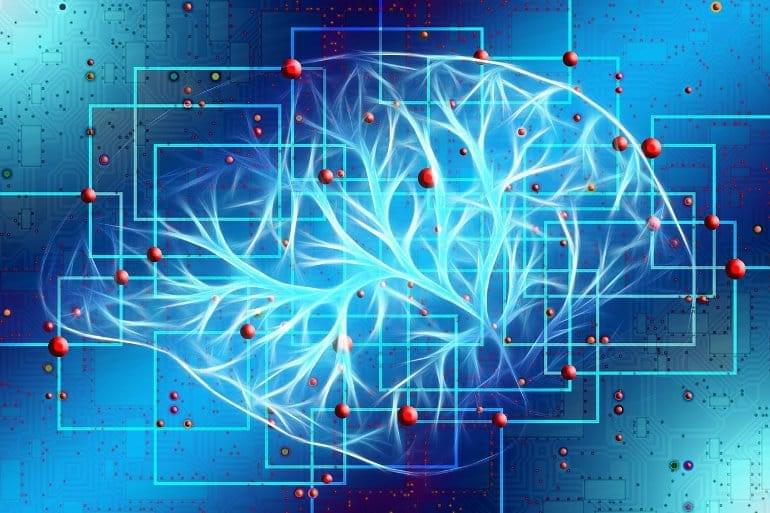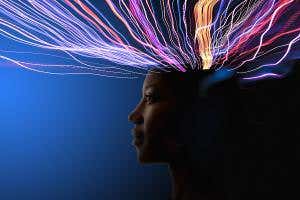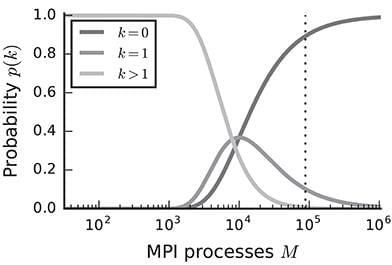Click on photo to start video.
If we re-ran Earth’s clock, would life arise again? Would another civilization eventually evolve? Astrobiology is faced with trying to contextualize our place in the Universe using just a single data point. But even a single data point contains information. The key to unlocking it is a careful understanding of the selection biases at play and intricacies of Bayesian statistics. Today, we’re thrilled to present to you our explainer video of a new research paper led by Prof David Kipping that provides a direct quantification of the odds of life and intelligence on Earth-like worlds, based on our own chronology. Presented & Written by Prof. David Kipping.
This video is based on research conducted at the Cool Worlds Lab at Columbia University, New York. You can now support our research program directly here: https://www.coolworldslab.com/support.
Previous episodes to catch up on:
► “Watching the End of the World”: https://youtu.be/p9e8qNNe3L0
► “Why We Could Be Alone”: https://youtu.be/PqEmYU8Y_rI
References:
► Kipping, D. 2020, “An Objective Bayesian Analysis of Life’s Early Start and Our Late Arrival”, PNAS: https://www.pnas.org/content/early/2020/05/12/1921655117
► Spiegel, D. & Turner, E., 2011, “Bayesian analysis of the astrobiological implications of life’s early emergence on Earth”, PNAS 109,395 https://arxiv.org/abs/1107.3835
► Carter, B. 2007, “Five or six step scenario for evolution?”, Int. J. Astrobiology 7,177 : https://arxiv.org/abs/0711.1985
► O’Malley-James, J. et al. 2013, “Swansong biospheres: refuges for life and novel microbial biospheres on terrestrial planets near the end of their habitable lifetimes” Int. J. Astrobiology 12, 99: https://arxiv.org/abs/1210.5721
► Bell, E. et al., 2015, “Potentially biogenic carbon preserved in a 4.1 billion-year-old zircon”, PNAS 112, 14518: https://www.pnas.org/content/112/47/14518
► Smith, H. & Szathmáry, E. 1995, “The Major Transitions in Evolution”, Oxford, England: Oxford University Press.
► Schopf, W. et al., 2018, “SIMS analyses of the oldest known assemblage of microfossils document their taxon-correlated carbon isotope compositions”, PNAS 115, 53: https://www.pnas.org/content/115/1/53
Video materials & graphics used:
► Berkeley Lab/Sloan Sky Digital Survey: https://youtu.be/08LBltePDZw.
► Life Beyond by melodysheep: https://youtu.be/SUelbSa-OkA
► K2-18b animation by ESA/Hubble, M. Kornmesser: https://www.spacetelescope.org/videos/heic1916b/
► Earth 4k by NASA/ESA/M.Kornmesser: https://www.eso.org/public/videos/earth_2015_4k/
https://youtu.be/VhowJ3OZ2BM
► Earth timelapse from NASA DSCOVR EPIC: https://epic.gsfc.nasa.gov.
► Animation of GJ1214b by ESO/L. Calçada: https://www.eso.org/public/videos/eso1047a/
► Roulette table by steveh552: https://youtu.be/7VtnB8tS2Ys.
► Sky timelapse by National Geographic: https://youtu.be/xTvvQ65jWVs.
► Milky Way animation by Stefan Payne-Wardenaar: https://vimeo.com/330625918
► Outro by Carl Sagan from his book Pale Blue Dot.
► Thumbnail image licensed through StockFresh.com, image #8872987 by RAStudio.
Movies/TV scenes used:
► Agora (2009)/Focus Features.
► The Martian (2015)/20th Century Fox.
► Noah (2014)/Paramount Pictures.
Read more






